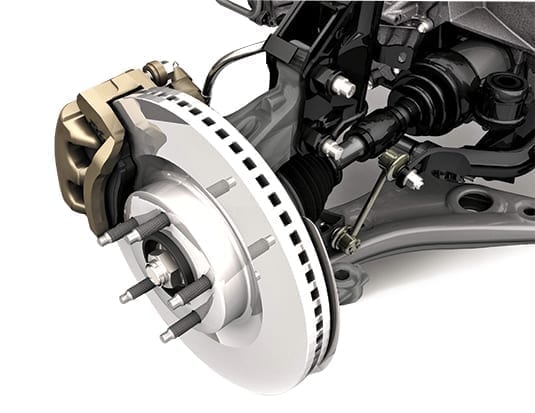I recently sat in on the regular Automotive Recyclers Association (ARA) Technical Advisory Committee conference call to discuss future-oriented projects the industry is working on to benefit all auto recyclers.
The ARA Technical Committee is tasked with evaluating and researching technical issues affecting auto recyclers. I’m on the committee, along with people from all over the world including the United States, Europe and Australia.
I enjoy sitting in on the committee’s calls because they highlight how auto recyclers are looking into the future and trying to adapt their business in stride with the innovations and new technology that has come before us.
Examining part recyclability
We’re currently involved in a joint North American study with the Society of the Plastics Industry to better handle hard-to-recycle plastics on cars. Dismantlers are handling cars, and we need to communicate with those who recycle the materials and, ultimately, the manufacturers who are buying the recycled plastics. This is a critical problem, so we are providing the funds and expertise to look at what percentage of a car is recyclable and how we can fill any gaps. Effectively communicating with manufacturers is going to be very important for recyclers going forward.
Our issues impact their design and material choices because it ultimately ties into the circular economy notion—how do you reuse parts and then get these materials back into the original products? There’s an overriding interaction that’s required, and we’re looking at how we can provide OEMs with as much information as possible.
Adapting to technology
There’s a lot of discussion today about the security of modern vehicles because they’re so computerized, and the need for scanning pre-and post-repair. Currently, we have some recyclers who are looking at how this information can be used in our industry.
Vehicle technology evolution also extends to new materials. For example, there has been an increase in the use of carbon fibre to manufacture lightweight vehicles. Is this a recyclable material?
If it is, how do you do it? We need the data on where these materials are, and on which vehicles, so that we can do our job on the recycling side. This is also something that the ARA Technical Committee is looking into.
Environmental Impacts
Recently, the Automotive Recyclers of Canada introduced the problem of the recycling of brake pads with asbestos as an emerging trend, looking for any worldwide data that exists to educate our regulators. The Europeans encountered the same issue about ten years ago, but the EU outright banned the importation or production with asbestos. If we can access that study and supply to our regulator, we can demonstrate how the EU enacted a ban, providing a real Canadian benefit of our being on the ARA Technical Committee.
Along with exploring potential material bans comes reexamining existing bans.
There has been a ban on reusing catalytic converters in cars since the 1980s, but the U.S. Environmental Protection Agency has made a request to see if a ban is justified. We’re working with some universities to provide bench testing to determine whether catalytic converters still have the processing power to do the emissions job required.
These are just a few of the topics we’re working on. The ARA Technical Committee is wide-ranging and tries to take on projects that don’t really fit anywhere else. Oftentimes, these projects have long-term implications across the entire industry.



